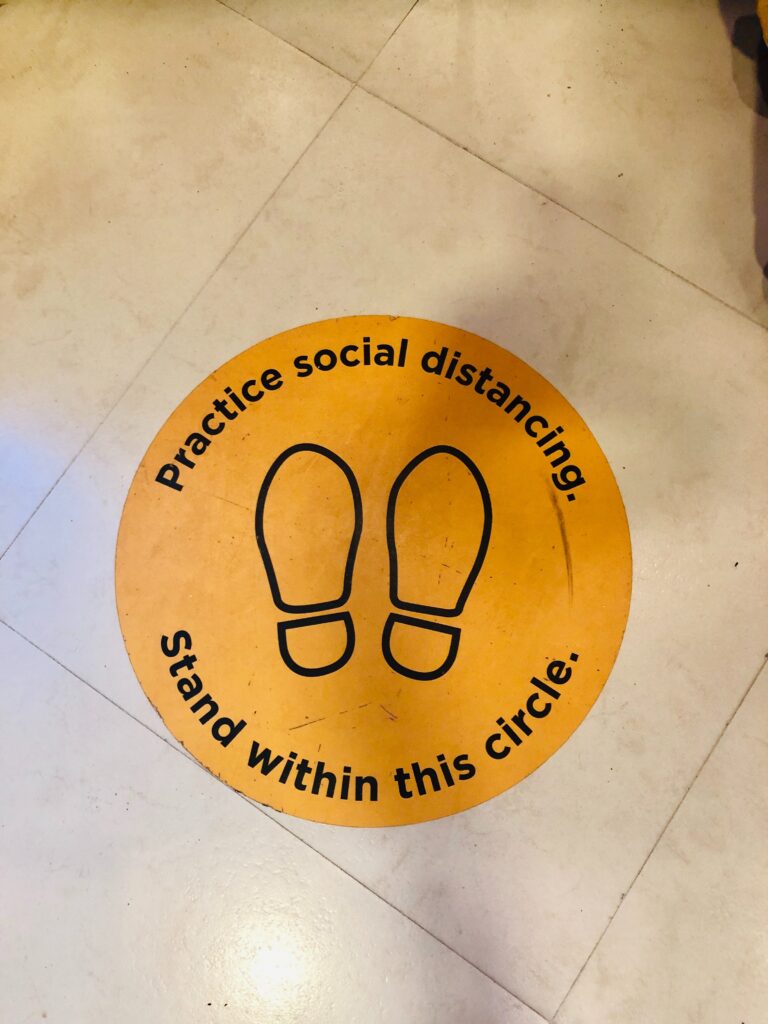The EU Parliament has strengthened the European Medical Agency (EMA) as a response to
problems it faced fighting Covid-19.
Strengthening the EMA comes as a reflection on how the EU dealt with the Covid-19
outbreak at its worst. The EU Parliament has heard many complaints that it had limited key powers to address problems like shortages of drugs and medical devices during an awful pandemic.

To prevent future issues of a like nature, the EMA will have a centralised repository of
pharmaceutical and medicinal equipment and digital capability to survey data across the
continent to pre-empt any medical supply issues.
Given the importance of the EMA, many people still have little idea what this very vital part of the EU framework does. Here are five important roles that the EMA fulfils, which play a
central part in the lives of millions of EU citizens.
Pharmacovigilance
After a drug is approved, the number of users skyrockets – to hundreds of thousands or even millions of people. If rare side effects are possible, they will become more obvious with increasing users.
The first few years after market launch are therefore particularly important. And it is still the pharmaceutical entrepreneur who is responsible for the safety of his products. Many of these businesses employ industry experts to ensure they’re doing everything right in the roll-out and monitoring of medication.
Drug safety experts use two ways to obtain information about rare side effects and
interactions as quickly as possible. Firstly, they evaluate application observations and
databases of feedback from clinicians on the ground. Secondly, they ask physicians to
anonymously log observations of patients who receive a specific drug and ask what the
outcome was.
The EMA can publish strategies to correct any problems with the medication’s manufacture
and application using all this information.
It also publishes more general information on the medical sector so that the clinical
community can maintain a keen eye on necessary information.
Gives Expert Advice On Public Health Issues
The agency employs a Committee for Medicinal Products, which took important decisions
during the Corona pandemic. For example, the agency concluded that people with severely
compromised immune systems should take an extra dose of the COVID-19 vaccine they had already been given. The agency decided that this booster dose should be given 28 days later.
The EMA’s recommendation for people with compromised immune systems was based on
studies showing that an extra dose in organ transplant patients increased the ability to
produce antibodies against COVID-19. Therefore, it was assumed that the additional dose
would protect at least some patients better. The EMA monitors any available data on the
effectiveness of the vaccines even years after they have been given.
Battles Disinformation
Given the amount of disinformation during the Covid-19 pandemic, the EMA played a central role in combating these myths and half-truths by working alongside government agencies. This work involved the distribution of scientifically proven research, marketing campaigns in plain text, and social media hashtags to try and combat myths being spread online.
Even before the first vaccine had just been developed, the EMA foresaw that there would be continents within society and the medical community who would disagree with real, scientific, joint research.
Through the EU and its member’s national bodies, extensive communications campaigns
were launched to battle disinformation. Twitter proved particularly useful since research
showed that around 40% of people in the USA got their information on the vaccines from
social media. Twitter proved to be the medium where more disinformation was present. This fact ultimately led to Twitter flagging sources to tell the public which sources could be
suspicious.
Coordinates Clinical Trials For Future Medicines
Clinical trials must be conducted in accordance with the ethical principles that have their
origin in the Helsinki Declaration and must be compatible with good clinical practice and the applicable legal provisions.
Before beginning a clinical trial, the foreseeable risks and inconveniences must be weighed
against the expected benefits for the test individuals, people at large, and society. A study
can only be initiated and continued if the expected benefits justify the risks.
The EMA makes sure all involved take the rights, safety and well-being of study participants very seriously. The agency stipulates that the safety of people should take precedence over the interests of science and society.
The Agency’s Background
The European Medicines Agency was founded in 1993 after approval by the Council of the
EU. Originally based in London, since March 2019, it has been based in Amsterdam. The agency has set up a pharmacovigilance network which brings together over 4,000
experts from 30 European countries. In 2018, the EMA had 900 employees. Its budget was £345 million.

